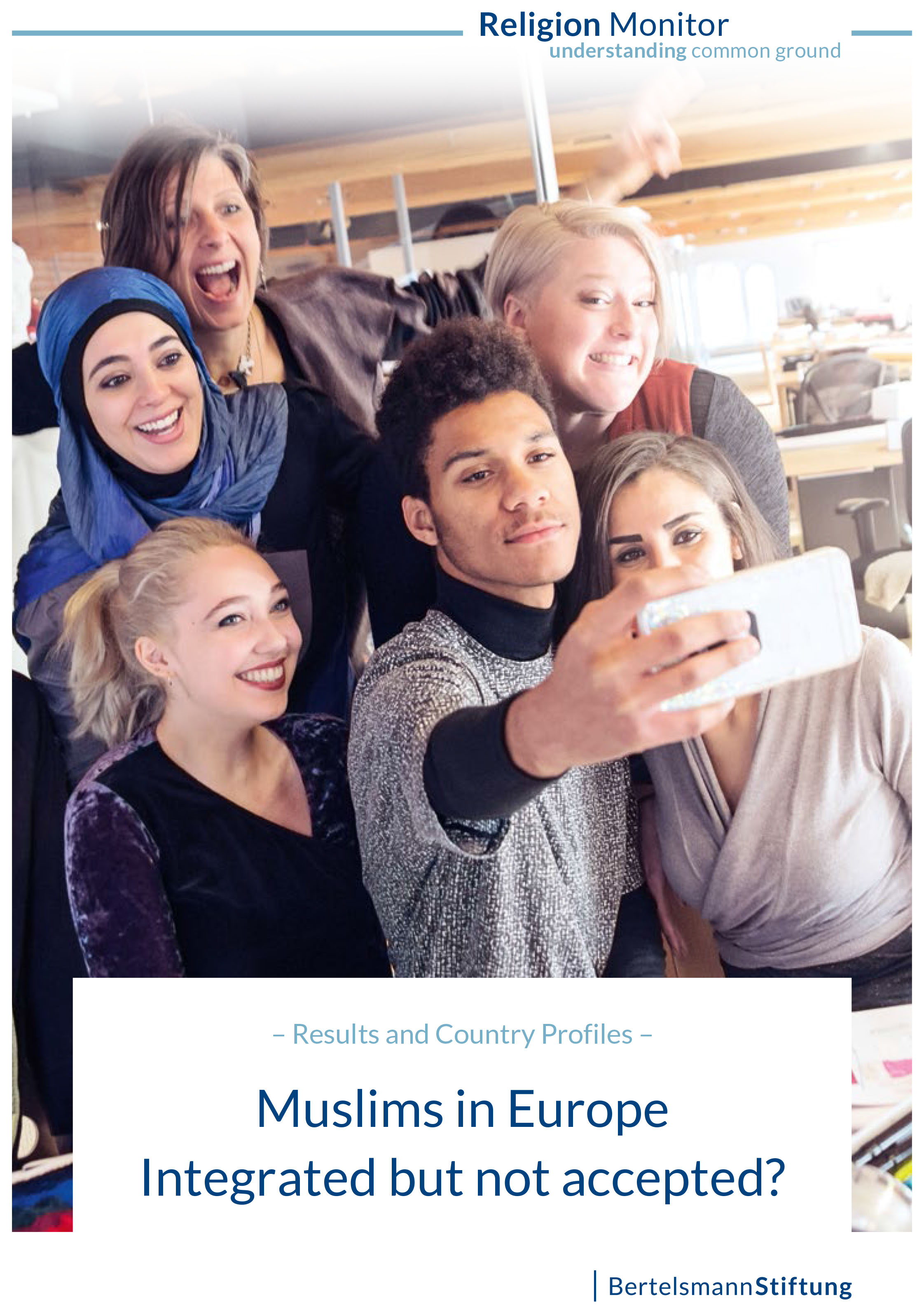
(Photo: 2017 Religion Monitor: Muslims in Europe Intergreted but not Accepted, Report cover)
Muslims are all too often in the limelight and not always in an authentic way. So much fiction is written and so many myths are espoused using derogatory terms. Not a great deal is rational, sober or even reasonable. It has become what the community has had to put up with often being a convenient target to blame most of the ills of society upon.
It is within this context that studies have been commissioned seeking to bring an element of objectivity to some of the fallacies orchestrated against Muslims. One such study is the 2017 Religion Monitor which sought to identify current challenges for interreligious coexistence. “There is a public debate about actual or perceived failures to integrate: whether it be the language spoken at home or everyday religious practices – such as wearing a headscarf or fasting during Ramadan – or even the risk of religious radicalization,” it said in its research. “Right-wing populist movements even express fundamental doubts about whether Muslim religiosity is compatible with life in a western democracy and meritocracy,” it added.
The report compared and analysed the conditions for the social integration of Muslims in five European countries – Germany, Austria, Switzerland, the UK and France. It looked at four levels of social integration: language competence and educational outcomes, gainful employment and income, social relationships in the mainstream society, and emotional connection with the receiving country. Even before addressing the results in detail, it spelt out that like other immigrant populations, Muslims had “already made great progress toward integration – even though they encountered significant obstacles and resistance along the way.”
Structural hurdles facing Muslims included discrimination in education and in the labour market. In addition, as the study found, there was “also the lack of respect for their religiosity” which further hampered opportunities for Muslim participation in society. One crucial factor in such an evaluation, it said, was the way integration has been defined. “We do not take this to mean assimilation in any kind of mainstream culture. Rather, integration in a pluralistic country is measured in terms of the extent to which opportunities for participation are realised and plurality—based on the constitution—becomes viable. In this sense, religious differences do “not indicate inadequate integration.”
Like any other faith and worldview, Muslim religiosity can enhance a country’s diversity, especially when accompanied by a strong commitment to that country. There were no myths but it was this that was “evident in our study,” the report found.
Successful integration was also the responsibility of the mainstream society and “take its own claims to plurality seriously, and its willingness to respect other religious practices.” The primary challenge was to link “creating equal participation with promoting the acceptance of religious and cultural diversity.”
Coincidentally another study, ‘Mosque attendance correlates with social engagement’, also published last month found that the more Muslims in the UK practise their religion and attend mosques, the more engaged they are with society, and the more British hey feel. It is another common fallacy to feed on prejudices as if Islam not only constitutes a threat to the so-called British values and way of life but that Muslims are in effect alien. Such attitudes are so widespread that the possibility that mosques may play an important role in the integration of Muslims into British society and politics may appear counterintuitive. Suffice to say, the study concluded that Muslims who attend mosques do “not live separate lives away from mainstream society.”
Claims to the contrary are just a denial of the reality but then again are often made by those with other agendas or for vested interests. Such myths stereotyping Muslims in demonic ways, do need bursting as integration to a more conducive society is a two-way process. The Religion Monitor worryingly found that Muslims continue to encounter open rejection from as many as around one-fifth of the non-Muslim population. Nearly 20 percent of Europeans interviewed for the survey said they did not want to have Muslims as neighbours.
Plurality without integration can create societal tensions and endanger cohesion. To build trust for the long term in diverse societies with immigrant populations, personal contacts between social groups are as crucial as the willingness to talk openly about differences that could make people feel worried and insecure. This is even more so during the insecurity caused by the Brexit referendum when more and more people are seeking scapegoats.